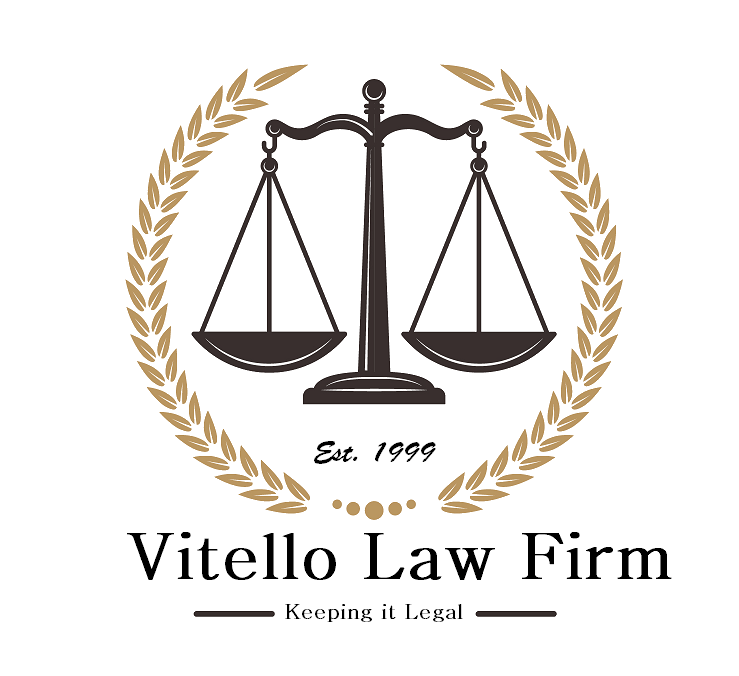Investing in real estate can be a great source of income now and when you retire. Smart real estate investing can outperform most other investment vehicles. However, it is most important to place your investment real estate in a Limited Liability Corporation (LLC) or other type of entity to protect your personal assets from liability and risk. While our office prefers a Series LLC for holding your real estate investments, there are other forms such as Limited Partnerships (LPs), C corporations and subchapter S Corporations that can be created to hold real estate investments.
It is important to consult with an attorney to determine which type of entity to set up and the structural operation of it. There are “on-line” or “do it yourself” kits, however, creating an entity should be done by an attorney to assure it is done correctly. If your entity is not set up correctly you will risk the probability of the entity being invalidated as a legal entity and your personal assets attached. Our office can create a legal entity correctly to insure you get the maximum protection against risk and liability.
LLCs are generally created to hold real estate investments and lease-optioned properties. S-Corporations are usually created to flip properties. The federal tax rules are important to consider when creating your entity. There are tax perks with rental properties, such as; favorable capital gains tax rates; depreciation deductions; 1031 exchanges that can extend payment or even eliminate taxes; low-income housing credits; and deed for contract sale taxes paid in installments. LPs and LLCs will preserve these tax perks better than other entities, however, the LLCs are usually cheaper to create, simpler to operate, and also offer the most flexibility.
If you’re thinking of buying real estate as an investment, you will need to be adequately protected. Adequate property insurance and ownership in a separate legal entity such as a Limited Liability Corporation are the best methods to reduce risk of loss and exposing your personal assets.
Property insurance policies are necessary, but having the right coverage is essential. When owners fail to have adequate coverage, judgments and losses could exceed policy coverage limits, or worse, the equity in the property. For example, while some insurance companies don’t cover certain dog breeds under its policy, many policies will typically cover dog bite liability up to the liability limits, usually limited to $100,000 or $300,000. However, if the claim exceeds the limit, the owner is responsible for the damages or judgment above the liability limit, thus exposing the owner’s personal assets to satisfy the balance.
Consider a tenant that commits a crime in the property which results in a fire that damages the real estate making it uninhabitable. It could take a year or more to rebuild the property. Without adequate coverage, the owner will have to continue to make mortgage and property tax payments with no income coming in. In addition, if the property was not adequately insured, the damages and repairs could exceed the liability coverage, thereby mandating the owner pay the balance of repairs out of their pocket.
These may be extreme examples, but they are indicative of what could and have happened to real estate investments. Homeowners who convert their home to an investment property may forget to change their homeowner’s policy to a rental policy and, if necessary, purchase additional vacant property coverage.
Real Estate Investors should also purchase umbrella policies with an additional $1 million to $3 million in coverage. An umbrella policy will give additional protection that goes beyond the property insurance policy.
NEXT BLOG: Why investors should consider placing their real estate in a Limited Liability Corporation to protect their asset.If you’re an
investor, or thinking about becoming a real estate investor, you should know
about the private property rights challenge that will be facing investors very
soon.
In 1997, Illinois REALTORS association successfully aided in having a “rent control law” banned, however, here we are twenty-two years later, and legislatures in Illinois want to repeal the law against rent control and implement rent control. The RENT CONTROL PREEMPTION ACT, prohibits municipalities from enacting, maintaining or enforcing measures that control the amount of rent charged for leasing a residential property.
The unintended consequences of rent control include undermining private property rights of the owners, crippling the availability of housing for renters, and a significant drop in the quality of affordable housing, and devaluing of property values in rent controlled neighborhoods.
Investors, who by their investments, create a significant foundation for the housing economy will not seek to purchase properties in a rent controlled area due to the lack of return on their investment. And for investors who already own properties that will be deemed to be in a rent controlled district in the future, may very well stop making improvements to the properties to reduce their costs and adjust their profits when the incoming rents are reduced by control. Finally, rent control will force investors to stop investing in certain neighborhoods due to the inability to maintain the properties or make needed improvements.
When all is said and done and investors stop investing in rent controlled districts and do not have the funds to maintain their properties, the rental property values and the neighborhood values will decline. Such a decrease in rental property values will eventually affect both the state and municipal income and budgets.
And if rent control measures sought to be enacted were not enough, SB3512 was amended since it was first introduced in February 2018, and has since been replaced by HB 2192. The amendments include changes to the legal process for evictions for late payment of rent, evictions for breach of lease agreement provisions, and specific requirements for just-cause eviction matters. These amendments will significantly change the way landlords operate their business, and will most likely hand-tie landlords from effectively removing dead-beat tenants in a timely manner, causing the landlord to suffer great financial losses and potential destruction to their properties.
Finally, if passed, the rent control act will divide the State of Illinois into six regions that will be comprised of an elected “Rent Control Board” that will hold the power of the state government to implement the rules and laws of the rent control act, and by demand for all municipalities whether the municipality wants to implement rent control or not.

Do you operate a business? Are you incorporated? If not, do you realize the liability you are exposed to? Do you know which corporate status you should create? The answer to all these questions is important to you and the future of your business.
If you operate a business and have not incorporated, you are at risk to have all of your assets, including your personal assets, attached in a judgment or lien. The protection offered with a corporate cover will make personal liability non-existent, providing the corporation is operated in a legal and proper manner.
The choice of C-Corp, S-Corp or LLC is a matter of two things: First, what type of corporation do you want to establish – what is best for your business and its owners/members; Second, what tax strategy is best for you and your business. A C-corporation is taxed twice, once on the business and once again for the shareholders on a personal level. An S-corporation avoids double taxation. An LLC is not subject to double taxation, unless the LLC elects to be treated as a corporation.
You must operate your entity as a business and keep it legal. If you do not operate your business as required, your business is subject to, what is known as, “piercing the corporate veil.”
Keeping your business legal is simple and not time consuming, but you must follow the rules. A few of the rules to follow are; You must not commingle funds or treat the company bank account as your personal pot of gold. You must hold annual meetings and memorialize the meetings. You must also keep the corporate records up to date. You must file an annual report. While these are just a few of the rules to follow, most business owners don’t know what the requirements of operating a company are, and therefore may be putting their business in jeopardy of having the corporate veil pierced and their personal assets attached.

